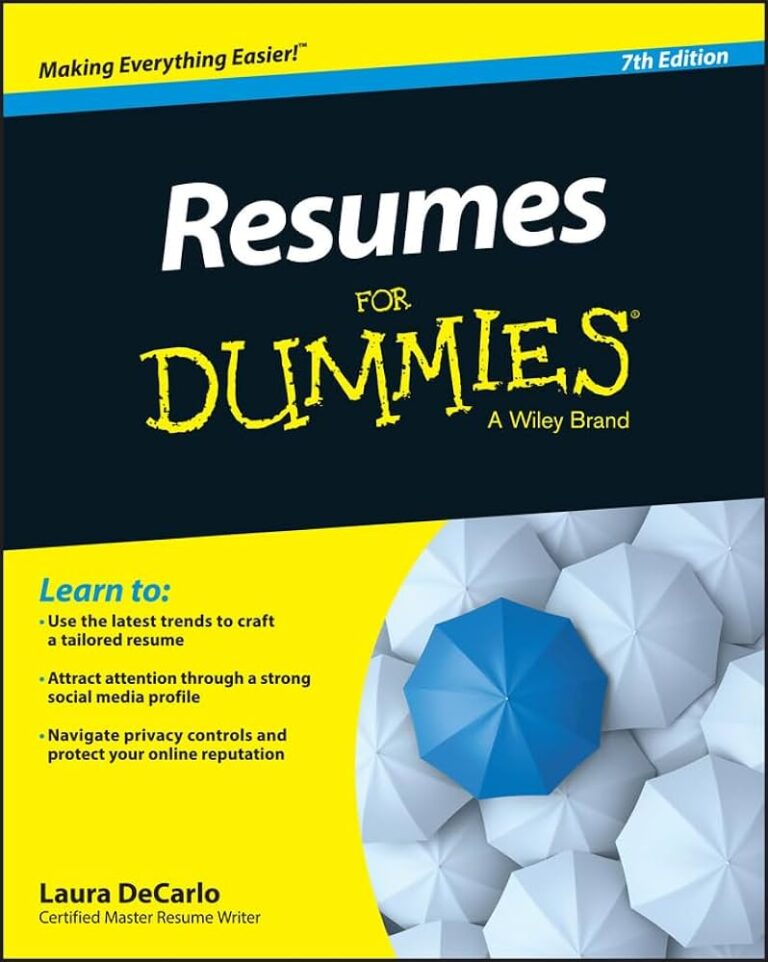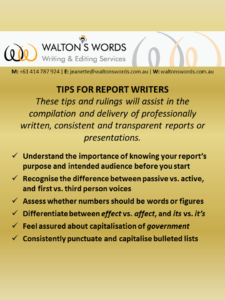
Most of us know how important it is for our writing to be reviewed by someone else before it’s delivered. A final sanity check of our written content is a key part of the writing process. Yet pressing deadlines or low budgets can often prevent us from fitting in that second set of eyes to edit or proofread our written work.
“Writing without revising is the literary equivalent of waltzing gaily out of the house in your underwear.” (Patricia Fuller, author)
In such scenarios when time or money is against us, a thorough self-review of our writing is essential. It doesn’t matter whether you’re writing a business report, fiction novel, job application (resume and cover letter) or marketing material such as a blog – any typos, spelling errors or misused punctuation will detract from your written message.
“When our spelling is perfect, it’s invisible. But when it’s flawed, it prompts strong negative associations.” (Marilyn vos Savant, columnist)
Just be sure to take a break from your writing before conducting a self-edit. Your eyes and mind need a chance to refocus, to be able to review the written material from a more impartial perspective. In addition to checking for more obvious typos and errors (see 5 Writing Self-Checks blog), adhering to the following four editing (and writing) tips will produce more concise, impactful communications.
1) Keep it active
Passive writing generally equates to padded phrases and sentences; while an active voice uses more dynamic verbs that get straight to the point. For example:
The dog immediately reacted to the ruckus outside. (Active)
The ruckus outside caused an immediate reaction from the dog. (Passive)
2) Make each word count
There are numerous intensifiers and modifiers – and some adverbs – we use out of habit that don’t really add anything to our writing.
- For example, do you need to start the sentence with interestingly or basically, and does very need to be specified?
3) Avoid repetition and over-emphasis
Always check for repetitiveness across your writing – both with regard to the terms used (unless specifically relevant) and relaying the same written message. In addition, avoid the use of verbose, ‘trying to sound intelligent’ writing, which could confuse and deter the reader.
4) Steer clear from clichés and common phrases
As tempting as it can be to include clichés in our writing (e.g. All things considered), this can not only imply lazy writing but can also add unnecessarily to the word count. For example:
Due to the fact that it was raining outside, we had to wear our raincoats.
It was raining outside, so we had to wear our raincoats.
It can be a challenge to thoroughly edit or proofread your own work, but working to these four writing recommendations should add validity and confidence to your final written output. You’ll feel more assured that the written material you’re delivering is both accurate and engaging.
Walton’s Words has been editing and proofreading most forms of writing for over 15 years (see what our customers have said at Walton’s Words testimonials). In addition, we are highly experienced in accommodating shorter deadlines by tailoring our services to meet your needs and scope. Drop us a line or give us a call if you’d like to discuss your potential editing or proofreading needs further.



